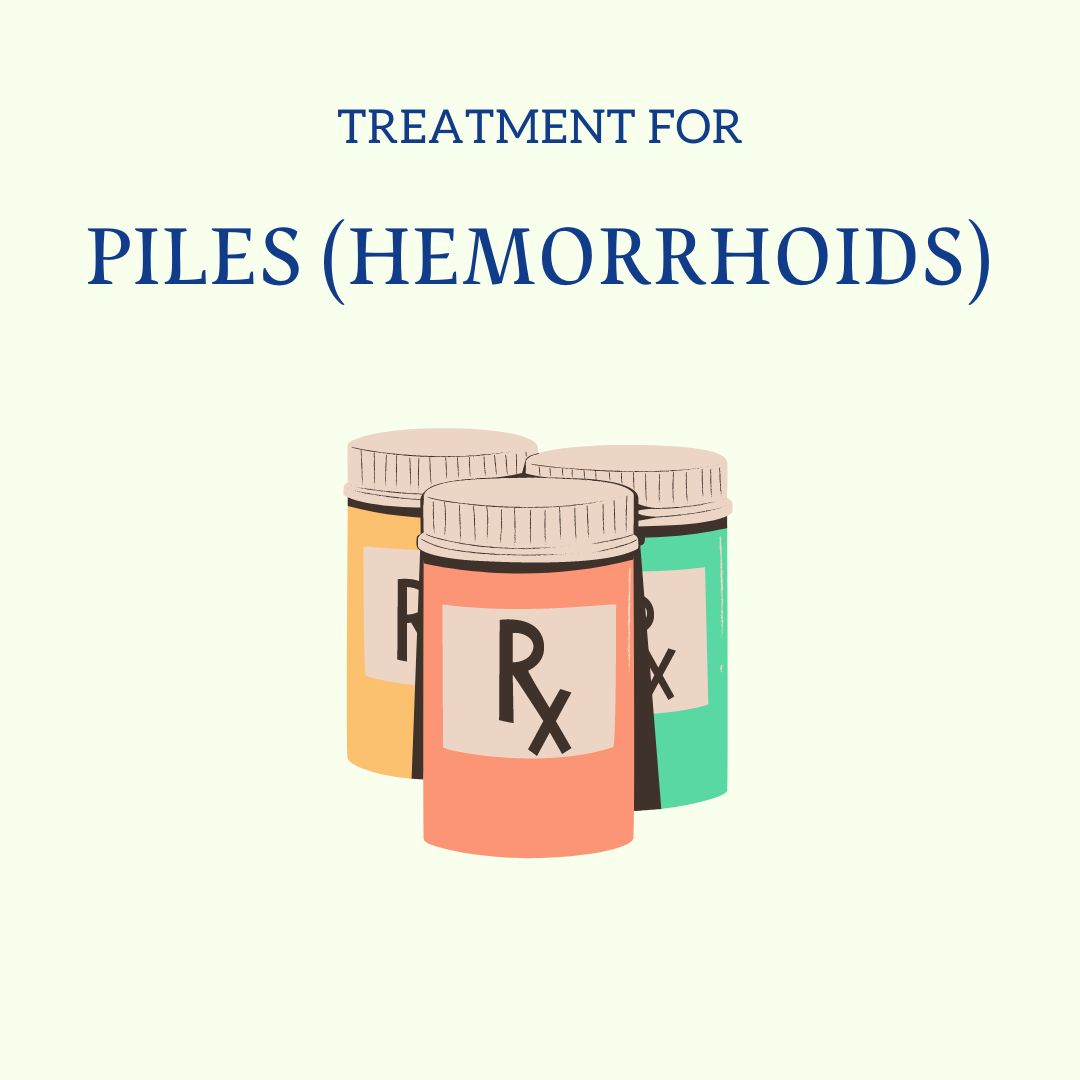Doktor Manjari
Piles (Hemorrhoids)
Piles (Hemorrhoids)
Couldn't load pickup availability
Piles (Hemorrhoids) Treatment
Piles, also known as hemorrhoids, are swollen veins in the rectum and anus. They can occur internally inside the rectum or externally under the skin around the anus. Severity varies depending on how much they prolapse (protrude).
Grades of Piles
- Grade 1: Small, may bleed but do not prolapse.
- Grade 2: Prolapse during bowel movement but return inside on their own.
- Grade 3: Prolapse during bowel movement and require manual pushing.
- Grade 4: Prolapsed permanently and cannot be pushed back.
Mild cases respond well to lifestyle changes and homeopathy, while severe cases (especially Grade 4) may require surgical intervention.
Recommended Treatment Duration:
• Grade 1: 6 months – 1 year
• Grade 2–3: Treatment advised after full case assessment
• Grade 4: Homeopathic treatment not recommended — surgical care preferred
Causes
- Straining during bowel movements
- Chronic constipation or diarrhea
- Pregnancy & childbirth
- Obesity
- Sitting for long periods
- Aging
- Family history (heredity)
Types of Piles
1. Internal Piles
Located inside the rectum. Usually painless but may cause bleeding or discomfort.
2. External Piles
Located under the skin around the anus. Often painful and may bleed if irritated.
Symptoms
- Bleeding during bowel movements
- Pain or discomfort around the anus
- Itching or irritation
- Swelling around the anus
- Mucus discharge after bowel movements
Complications
- Anemia from long-term bleeding
- Strangulation of a prolapsed pile (cut-off blood supply)
- Thrombosis (blood clot) in external piles
Treatment Approach
Treatment depends on the severity and grade of piles. Early management prevents complications.
- Prescription of Homeopathic medications based on individual symptoms
- Warm water Sitz bath (soaking the anal region)
- Dietary changes to prevent constipation
- Lifestyle modifications: hydration, fiber-rich diet, avoiding prolonged sitting
Investigations Required
Depending on symptoms and grade, the following tests may be advised:
- Digital Rectal Exam (DRE): A physical exam to detect enlargement or abnormalities.
- Anoscopy: A small, lighted tube used to visualize the anal canal and internal piles.
- Sigmoidoscopy: A flexible tube to visualize the rectum and lower colon, useful for identifying polyps or other causes.
- Colonoscopy: Recommended rarely, to rule out serious conditions contributing to symptoms.
Share




